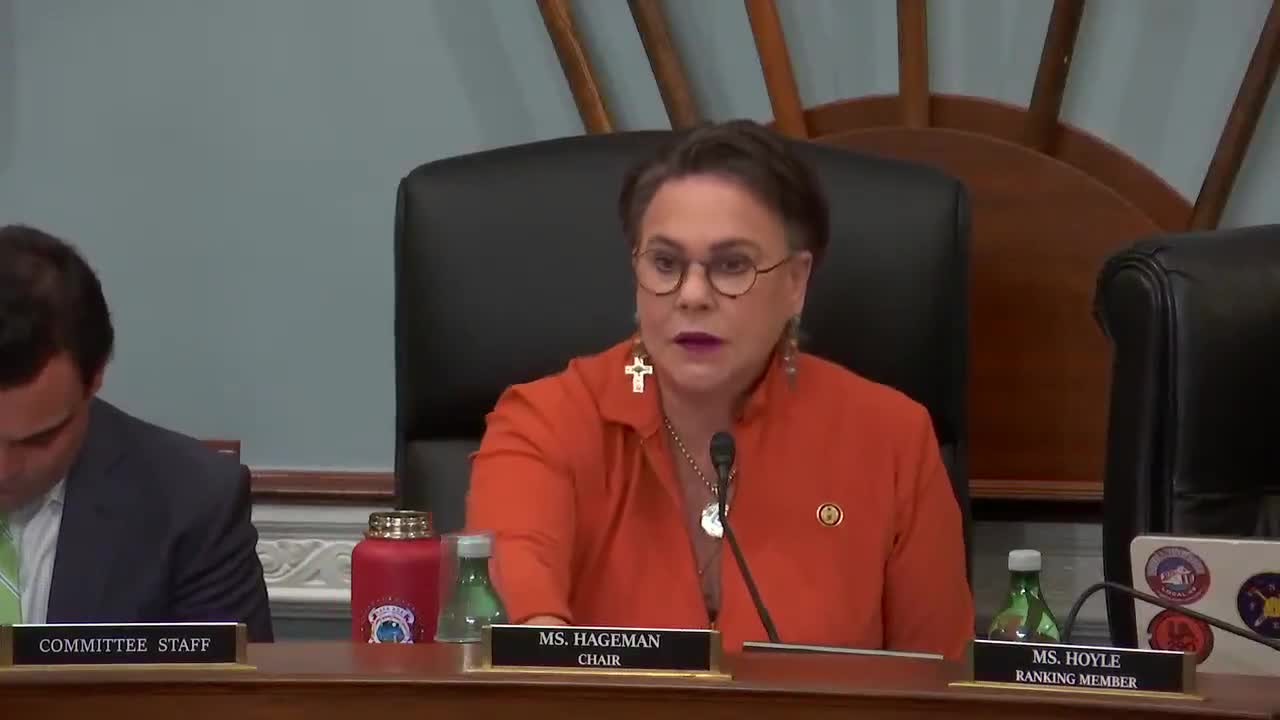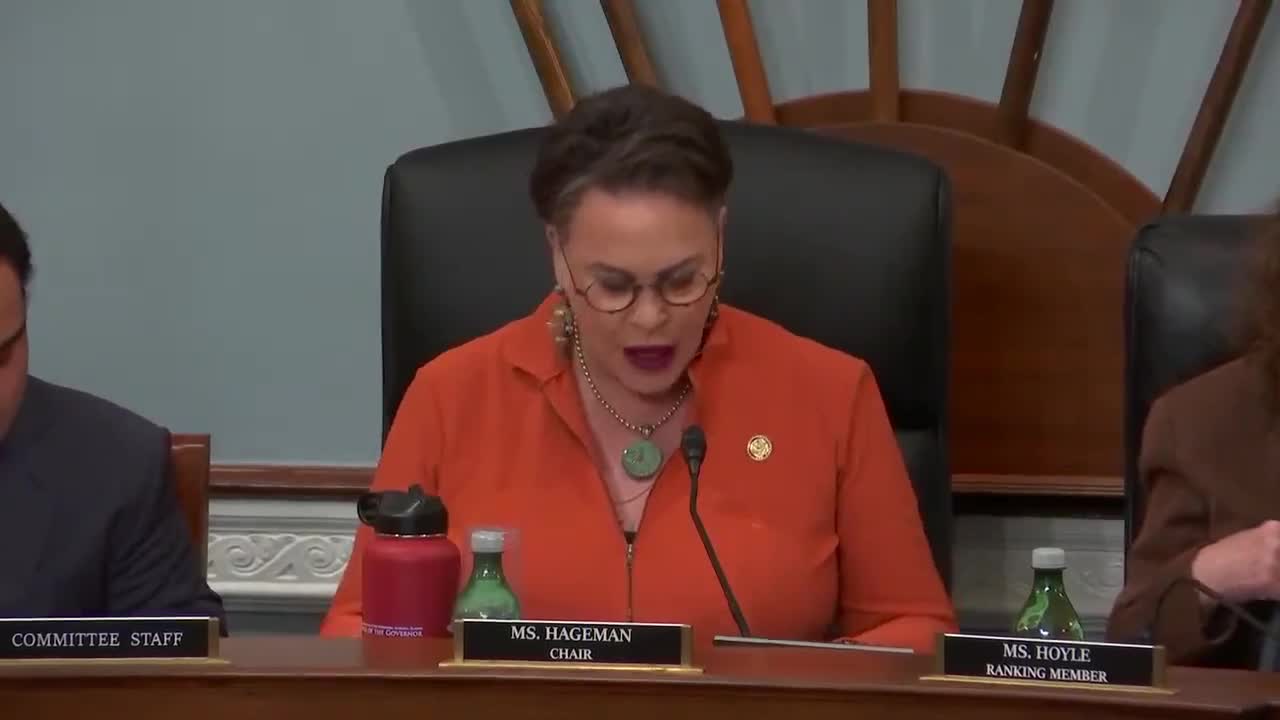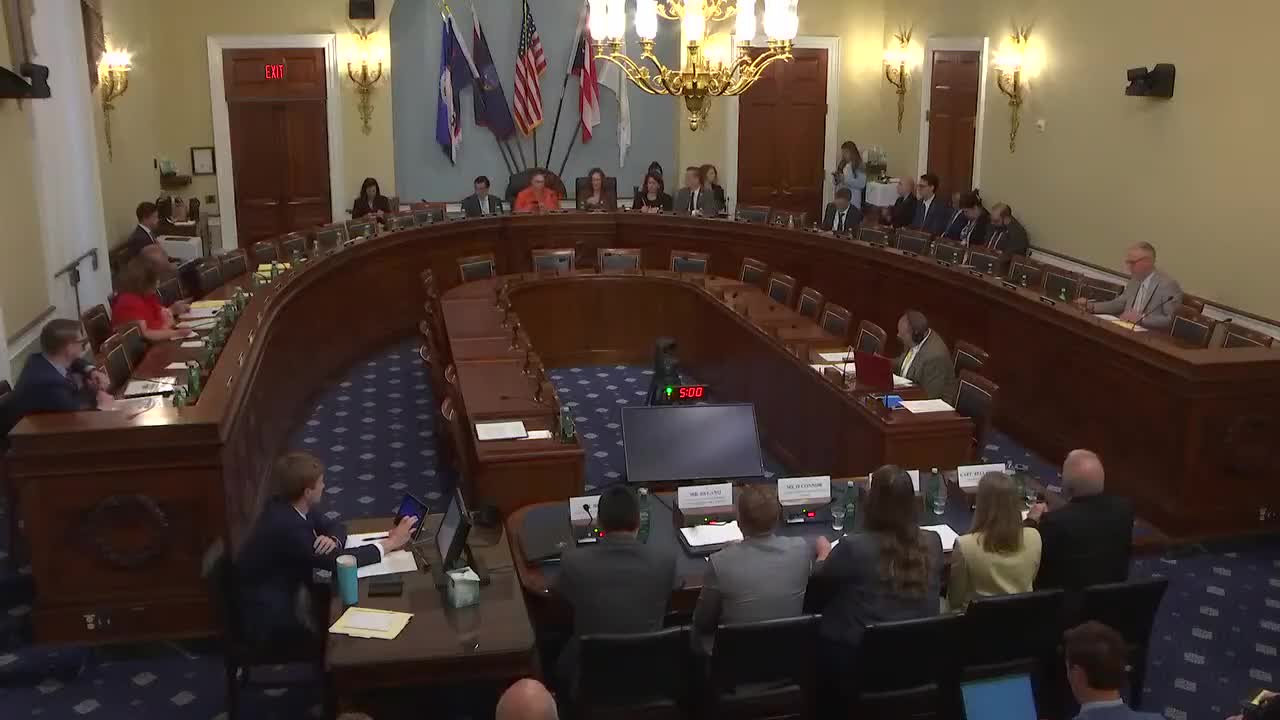Article not found
This article is no longer available. But don't worry—we've gathered other articles that discuss the same topic.

Industry presses for cooperative research and real‑time data to limit broad right whale closures

Alaska witnesses tell Congress community quotas, global competition and trade pressure domestic seafood

Subcommittee splits over Trump executive order to 'restore American seafood competitiveness'

